A dramatic shift in political thinking
On May 4, 2025, General Secretary To Lam signed and issued Resolution No. 68-NQ/TW of the Politburo on private economic development - a groundbreaking document, considered an important institutional turning point following the spirit of innovation in 1986. Not stopping at establishing growth targets, Resolution 68 represents a profound change in governance thinking, affirming the central role of the private sector and the State's strong commitment to creating a fair and transparent development environment.
Expressing his views on this resolution, lawyer Nguyen Hong Chung - Vice President, General Secretary of the Vietnam Industrial Park Finance Association (VIPFA), Chairman of the DVL Ventures ecosystem said that this resolution can be considered a new "reform manifesto" for the private economy, with unprecedented highlights in previous documents.
"For the first time, the private economic sector is affirmed as "the most important driving force" of the national economy, instead of just "one of the driving forces" as in the previous approach. This change in the way of identification is not simply a matter of words but reflects a strong shift in political thinking. With the private sector currently contributing 50% of GDP, 30% of budget revenue and creating jobs for 82% of the workforce, establishing a central role is not only a recognition but also a commitment to promote the comprehensive development of this sector, alongside the state economy and collective economy", said the Vice President of VIPFA.

More importantly, according to Mr. Chung, Resolution 68 demonstrates a rare spirit of “high-level self-criticism” when it frankly points out the institutional barriers that have been holding back the private sector. From prejudice, the “ask-give” mechanism, high compliance costs to inequality in access to resources – all are clearly stated in the document as an acknowledgement of the responsibility of the management apparatus.
Notably, for the first time, the Party raised the requirement to “completely eliminate prejudices”, “consider businessmen as soldiers on the economic front” and “grant ownership and real competition rights to the private economy” – messages that clearly appeal to the entire government system and public opinion.
Milestone for the new institutional revolution
In addition to affirming the role of the private sector, Resolution 68 also marks a turning point in thinking about the state, shifting from “management” to “creation and service”. This is a modern viewpoint, consistent with the development trend of the modern market economy. Accordingly, the State commits to cutting at least 30% of the time and cost of law compliance by 2025, perfecting the post-inspection mechanism instead of pre-inspection to encourage innovation, and applying the principle of “doing business in everything that is not prohibited by law” instead of the mindset of “if you can’t manage it, then ban it”. These commitments pave the way for a truly transparent, open and fair business environment.
The resolution also sets out clear, ambitious and long-term goals. By 2030, Vietnam aims to have 2 million private enterprises, at least 20 large enterprises participating in the global value chain, contributing 55–58% of GDP. By 2045, there will be 3 million enterprises, contributing more than 60% of GDP and achieving global competitiveness.
"This is a strategy that is not only about quantity but also emphasizes the depth of quality, affirming the leading role of the private economic sector in the integrated economy," Mr. Chung emphasized.
According to the lawyer, Resolution 68 does not stop at a political statement, it also comes with a system of specific and strong implementation solutions. From supporting access to capital, land, high-quality human resources; promoting small, micro and household businesses to transform into legitimate businesses; to developing science and technology, digital transformation, green transformation and linking with the state economic sector and FDI.
At the same time, the resolution requires protecting property rights and freedom of business, strictly handling acts of abusing inspection and examination, and reforming the law in the direction of prioritizing economic solutions instead of criminalizing unnecessary civil relations.
According to the Vice President of VIPFA, if the 1986 renovation was a revolution in macroeconomic thinking, then Resolution 68 is an institutional revolution from within the apparatus - where the state takes responsibility, commits to change, and establishes a new relationship with businesses in the spirit of companionship, trust, and mutual respect.
"Resolution 68 is therefore not just a policy for private economic development. It is a historical milestone, laying the foundation for an era of self-reliant and sustainable development of the Vietnamese economy in the context of global integration and competition," Mr. Chung emphasized.
However, according to experts, in order for this reform spirit to be realized, it is necessary to have drastic and synchronous participation from all levels of government - from central to local - and proactive innovation from the business community itself.
Source: https://doanhnghiepvn.vn/kinh-te/chinh-sach/nghi-quyet-68-nhung-diem-nhan-chua-co-tien-le-ve-kinh-te-tu-nhan/20250505023552555


![[Photo] Panorama of the memorial service for former President Tran Duc Luong](https://vphoto.vietnam.vn/thumb/1200x675/vietnam/resource/IMAGE/2025/5/25/d33968481f21434fa9ed0df48b9ecfa9)

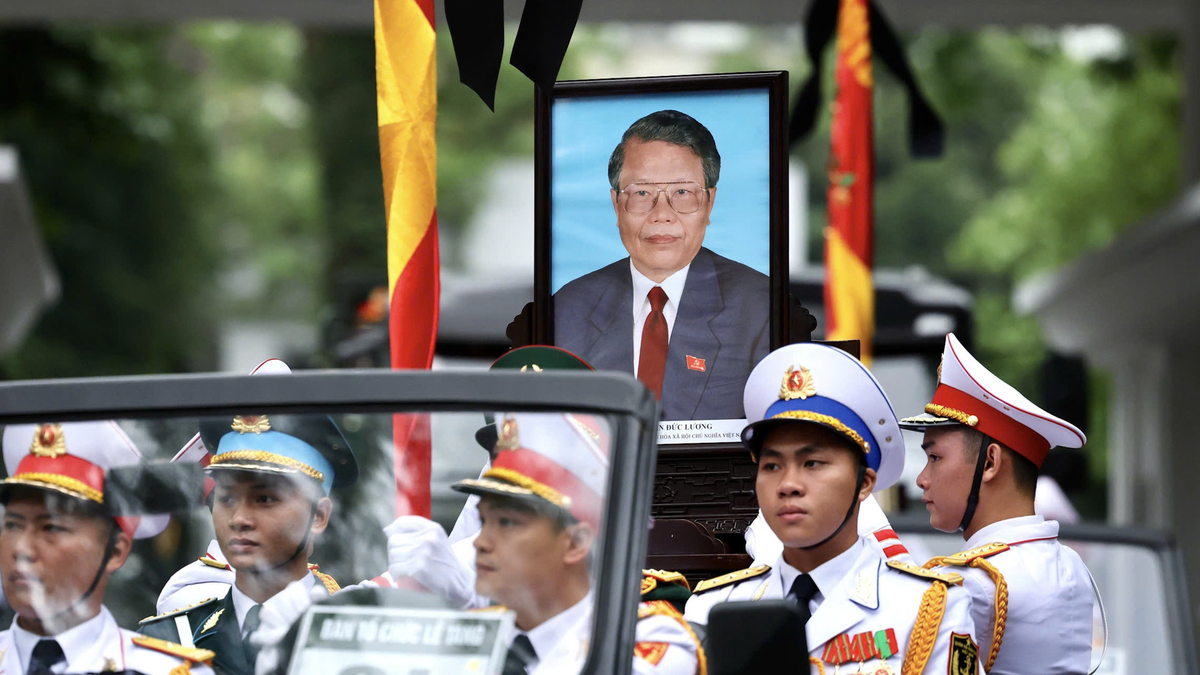
![[Photo] Prime Minister Pham Minh Chinh meets the Vietnamese community in Malaysia](https://vphoto.vietnam.vn/thumb/1200x675/vietnam/resource/IMAGE/2025/5/25/1f11d1256d7745a2a22cc65781f53fdc)
![[Photo] Memorial service for former President Tran Duc Luong in Ho Chi Minh City](https://vphoto.vietnam.vn/thumb/1200x675/vietnam/resource/IMAGE/2025/5/25/c3eb4210a5f24b6493780548c00e59a1)
![[Photo] President Luong Cuong receives Lao Vice President Pany Yathotou](https://vphoto.vietnam.vn/thumb/1200x675/vietnam/resource/IMAGE/2025/5/25/958c0c66375f48269e277c8e1e7f1545)















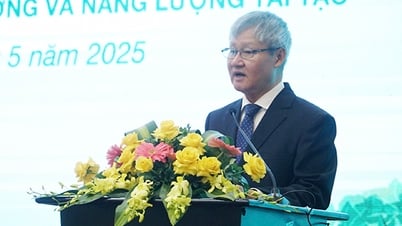




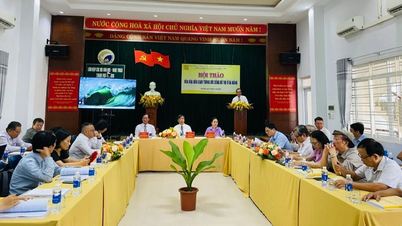

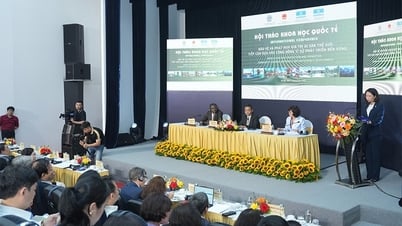



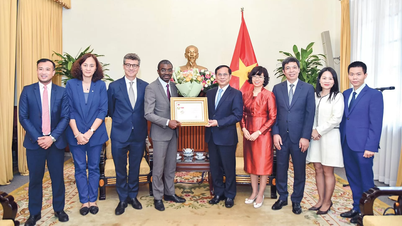










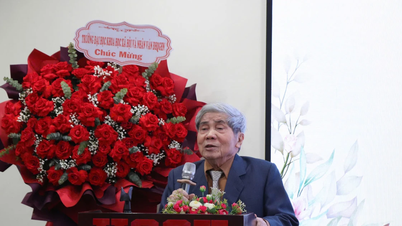
















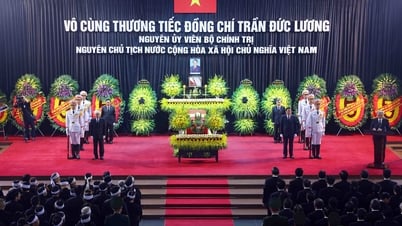
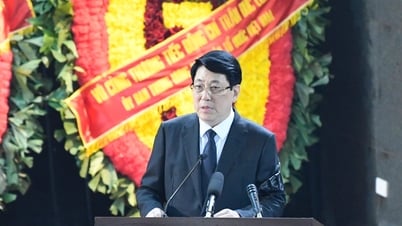








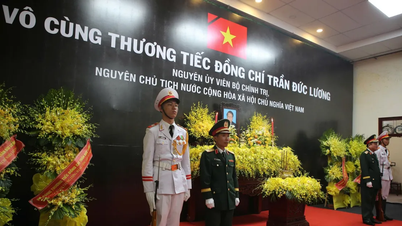















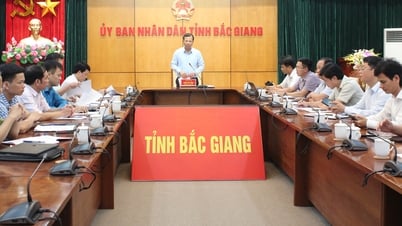



Comment (0)